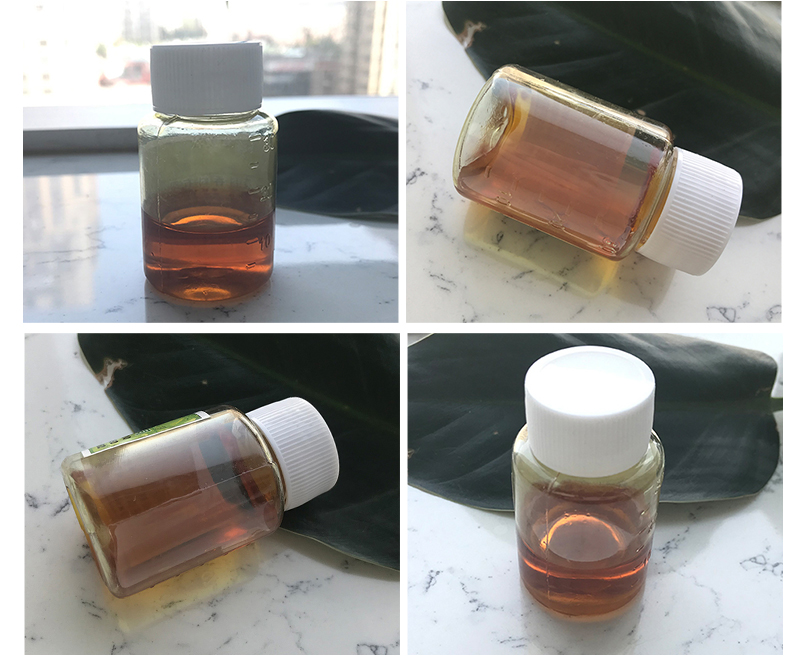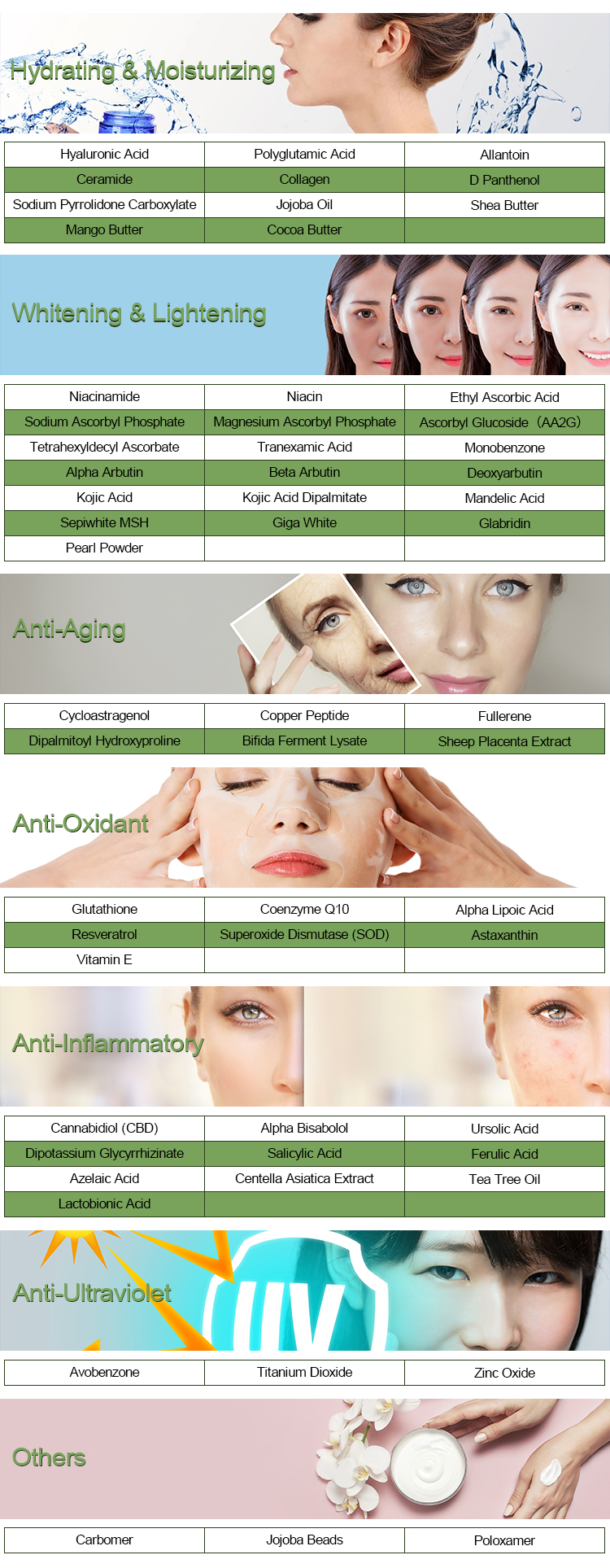Bakuchiol oil, derived from the seeds and leaves of the Psoralea corylifolia plant, has gained attention as a natural alternative to retinol in skincare. Its pharmacological actions include:
- Antioxidant Activity: Bakuchiol exhibits strong antioxidant properties, helping to neutralize free radicals and reduce oxidative stress, which can contribute to skin aging.
- Anti-inflammatory Effects: It has been shown to reduce inflammation, making it beneficial for calming irritated skin conditions such as acne or rosacea.
- Collagen Synthesis: Bakuchiol oil promotes collagen production, which can improve skin elasticity and reduce the appearance of fine lines and wrinkles.
- Photoprotective Properties: It may help protect the skin from UV damage, contributing to overall skin health.

- Antimicrobial Activity: Bakuchiol oil has been noted for its antimicrobial properties, which can help in managing acne and other skin infections.
- Skin Brightening: It can improve skin tone and texture, providing a brighter appearance and reducing hyperpigmentation.
Overall, Bakuchiol oil is valued for its multifaceted benefits, making it a popular ingredient in natural and clean beauty products.
Adverse Effects of Bakuchiol Oil
Bakuchiol oil, often marketed as a natural alternative to retinol, is derived from the seeds and leaves of the Psoralea corylifolia plant. While generally considered safe for most skin types, some potential adverse effects include:
- Skin Irritation: Some individuals may experience redness, itching, or burning, particularly those with sensitive skin.
- Allergic Reactions: Although rare, some people may have allergic reactions to bakuchiol, leading to rash or swelling.
- Photosensitivity: While bakuchiol is not typically known to cause photosensitivity like some retinoids, it’s still wise to use sunscreen when using products containing it.

- Acne Flare-Ups: In some cases, it may cause breakouts, especially for those with oily or acne-prone skin.
- Interactions with Other Products: Combining bakuchiol with certain strong active ingredients may lead to irritation, so it’s best to patch-test and introduce it gradually.
As with any skincare product, it’s important to do a patch test and consult a dermatologist if you have concerns, especially if you have sensitive skin or existing skin conditions.
